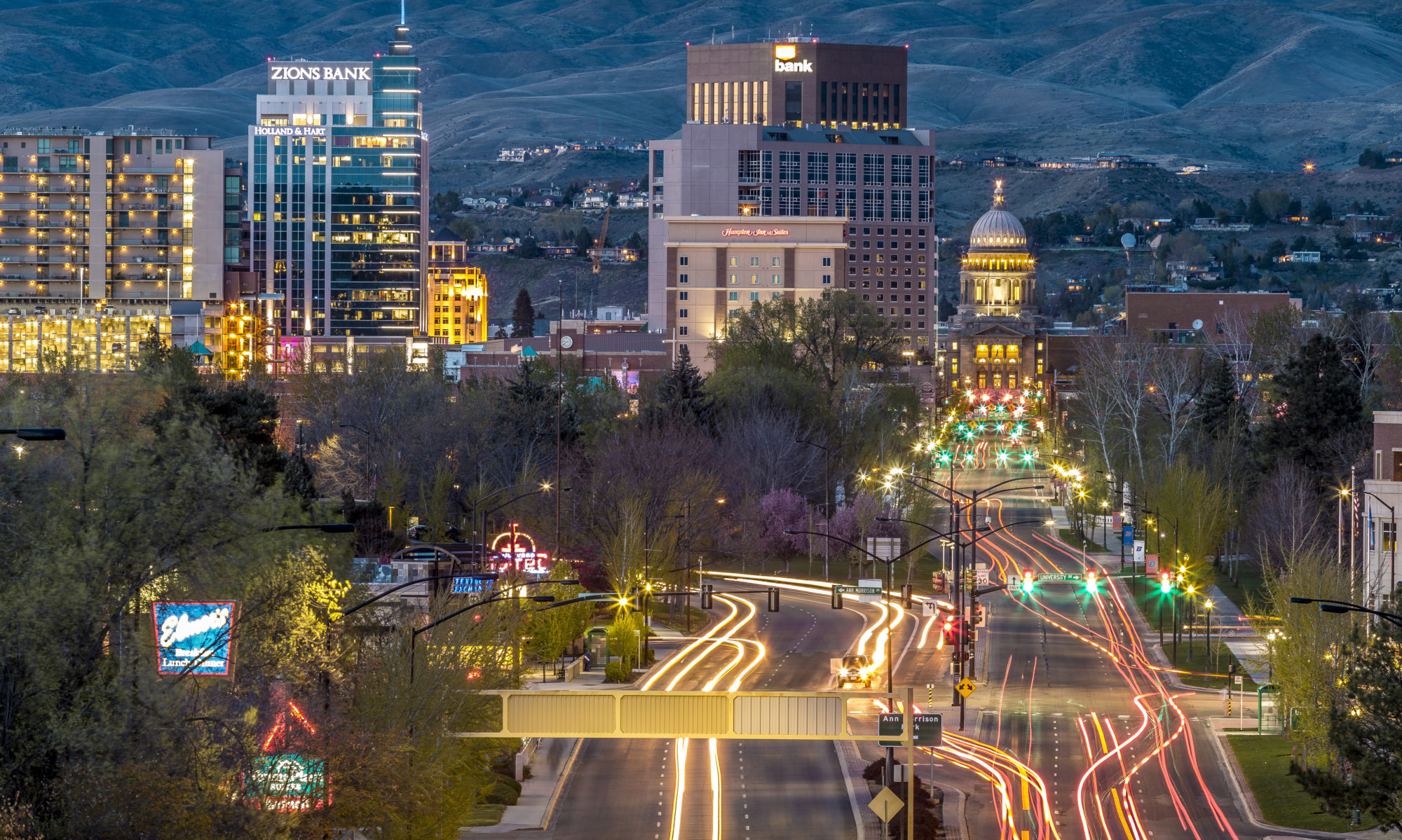Publicly funded stadium projects have a terrible track record. Cities throughout the country have ruined their finances by diving in without studying the record. But don’t take our word for it, read what others have to say.
From Bloomberg Businessweek: The Braves Play Taxpayers Better Than They Play Baseball
The math is almost always the same when cities build ballparks: Teams keep most of the money spent by fans, and the share that cities get—rents, ticket surcharges, parking fees, cuts of concession sales—is rarely enough to keep up with debt costs, let alone generate a surplus. “You can’t sell enough hot dogs, and get a penny or two in sales tax, to pay off a $50 million stadium,” says Nola Agha, a University of San Francisco professor of sports management, who’s studied minor league financing.
Cities keep trying, but the economic stimulus provided by pro sports teams—the parking lots full of out-of-state license plates, the overflowing restaurants—is more anecdotal than real. Agha looked at 283 cities with minor league teams from 1985 to 2006. While she found modest increases in per capita income in some cases (mostly midsize cities with Triple-A teams), the tax gains rarely covered stadium expenses. In another study, she found that people will sometimes pay a little more in rent, all other things being equal, to be in a town with a minor league team. Again, the increases didn’t justify the levels of public spending. “In general, it doesn’t pay off,” she says. “You can look at the numbers up and down and sideways.”
From the Wall Street Journal: New Ballpark Adds to Hartford’s Financial Strain
Brad Humphreys, an associate professor of business and economics at West Virginia University who has studied professional sports stadiums, said the cost overruns and construction delays at Dunkin’ Donuts Park were common for such projects. Stadiums also often failed to generate new economic activity in the area, he said.
“The projections always sound rosy, but it’s not uncommon that the nearby economic development just doesn’t materialize,” Mr. Humphreys said.
From USA Today: Are Minor League Parks A Bad Deal For Cities?
“A major league stadium generates roughly the same number of year round, full-time jobs as a large Macy’s department store,” says Victor Matheson, economist and professor at College of the Holy Cross. “Minor league is going to generate maybe a tenth of that number. Most jobs being generated at the minor league level are very low level, part-time, minimum wage jobs.”
Matheson argues that a new stadium often creates a “honeymoon effect,” where increases in attendance rise for about the first 10 years. After that he says it typically levels out. Matheson does not believe this short period of higher ticket sales justifies the amount of money spent on a ballpark.
From ESPN.com: Senators Aim To Stop Use Of Municipal Funds To Finance Stadiums
Cory Booker, D-N.J., and James Lankford, R-Okla., are sponsoring a bill that would prohibit teams from using municipal bonds, whose interest is exempt from federal taxes, to help finance stadium construction.
“Professional sports teams generate billions of dollars in revenue,” Booker said in a statement. “There’s no reason why we should give these multimillion-dollar businesses a federal tax break to build new stadiums. It’s not fair to finance these expensive projects on the backs of taxpayers, especially when wealthy teams end up reaping most of the benefits.”
From Reason.com: Sports Stadiums Are Bad Public Investments. So Why Are Cities Still Paying for Them?
Pacific Standard magazine has reported that in the last 20 years, the U.S. has opened 101 new sports facilities and stadium finance experts say that almost all of them have received public funding totaling billions of dollars. Politicians generally rationalize this expense by stating that stadiums will generate economic revenue and job opportunities for the city, but Kotkin says those promises are rarely realized.
“I think this is sort of a fanciful approach towards economic development instead of building really good jobs. And except for the construction, the jobs created by stadia are generally low wage occasional work.”
“The important thing that we’ve forgotten is ‘What is the purpose of a government?'” asks Kotkin. “Cities instead of fixing their schools, fixing their roads or fixing their sewers or fixing their water are putting money into ephemera like stadia. And in the end, what’s more important?”
